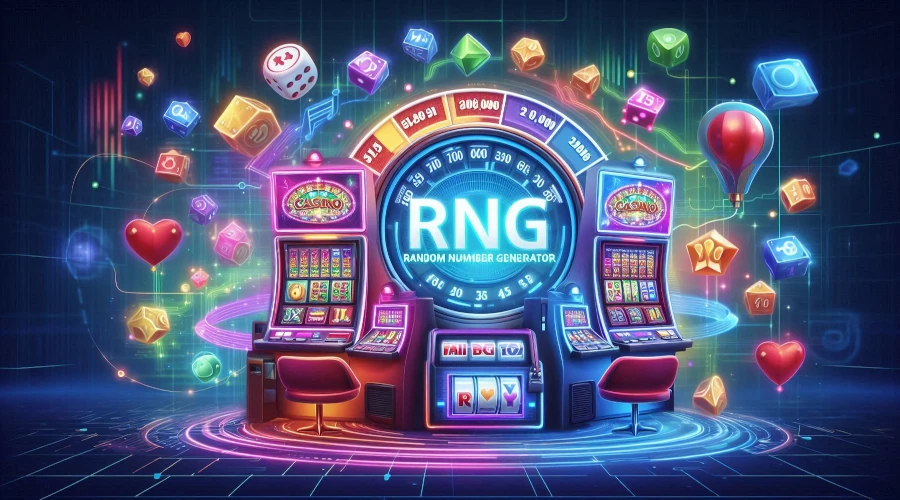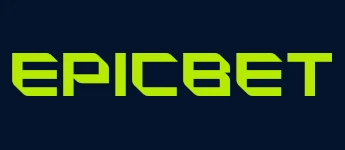 November 20 2025
November 20 2025
The expansion of online gambling has changed how people experience casino games. What once required visiting a physical casino can now happen from a home computer or mobile device with a simple internet connection. However, as virtual gaming platforms grow more popular, a crucial question continues to arise: how can players be certain the results are fair? Online casinos must rely entirely on digital systems. At the center of that system stands the Random Number Generator, known as RNG, which ensures that chance, not manipulation, determines every outcome.
Randomness is the foundation of any fair gambling activity. Every player expects that each bet has an equal and unpredictable chance of winning or losing. In games like poker, where strategy and psychology also play significant roles, the concept of randomness is closely related to what some players call pokerology, which is the study of probability, behavior, and decision-making in card games.
Without the random factor, skill alone would dominate, turning gambling into a predictable exercise instead of a contest of both luck and judgment. RNGs ensure that this balance between randomness and strategy remains intact, preserving the integrity and fairness of online gaming.
A Random Number Generator is a piece of software that produces long sequences of numbers without any recognizable order. Each number in the sequence is independent, meaning that knowing one does not allow anyone to predict the next. These numbers are then converted into decisions within the game. For example, which symbols appear on a slot machine or which card is drawn next in virtual blackjack.
Two main categories of RNGs exist in this context: True Random Number Generators (TRNGs) and Pseudo-Random Number Generators (PRNGs). TRNGs rely on unpredictable physical phenomena such as electrical noise to generate randomness. PRNGs, by contrast, use mathematical formulas and a starting value known as a seed. Even though PRNGs are not truly random in a physical sense, they produce outputs that are effectively unpredictable when managed correctly. Because PRNGs are fast, reliable, and easy to integrate into software, they are the standard choice for online casinos.
In most online casinos, PRNGs are running constantly, generating thousands of values every second. Every time a player clicks to spin the reels or deal a card, the software uses the current number from the PRNG sequence to decide what happens next. The timing of each click ensures that two spins pressed at almost the same moment still produce entirely different outcomes. The numbers are processed instantly, and no one can predict what result will appear.
Fair play also depends on security. If external actors obtained access to an RNG’s code or seed values, they could potentially predict future outcomes. To counter this, casinos employ encryption and cryptographic methods that protect sensitive data. Modern platforms use Secure Socket Layer (SSL) or Transport Layer Security (TLS) protocols to prevent unauthorized access or interference.
Trust in RNGs must always be earned. That is why legitimate online casinos submit their gaming systems to independent testing organizations. Firms such as eCOGRA, iTech Labs, and Gaming Laboratories International (GLI) specialize in verifying that the random numbers used by online casinos are statistically sound.
Testing involves running millions of simulated plays and applying mathematical analyses to check for patterns. Methods such as frequency testing, correlation analysis, and chi-square evaluation are used to verify that all possible outcomes appear with equal probability and that no bias exists toward a particular result. Once a game passes these tests, it receives certification, and casinos can display the testing agency’s seal on their website.
RNG assessments are great, but not enough. Licensing bodies such as the Malta Gaming Authority (MGA), the UK Gambling Commission, and the Gibraltar Regulatory Authority require casinos under their supervision to have RNGs certified before launching any games. These regulators also conduct periodic audits to make sure the software continues to meet required standards.
License holders must adhere to strict conditions, including secure data handling, financial transparency, and player protection. Regulators may revoke licenses or impose fines if a casino fails to comply or attempts to modify its RNG without permission. This framework functions as an additional safeguard, preventing casinos from manipulating outcomes or altering game scripts after approval.
Even with complex algorithms guaranteeing fair results, some players remain doubtful because they cannot observe the process directly. Human psychology tends to find patterns where none exist, a mistake known as the gambler’s fallacy. A player may believe that after a string of losses, a win is certain to follow. An idea that undermines the principle of randomness.
To reduce misunderstanding, many modern casinos publish documentation describing how their RNGs are tested and monitored. Others offer demo versions of games, allowing players to see results without financial risk. Transparency helps bridge the gap between mathematical proofs and emotional trust. The clearer the process, the more likely players are to accept that online gaming operates on honest principles.
Despite years of regulatory progress, RNG systems still face criticism. Reports occasionally surface about unlicensed or poorly managed casinos that manipulate results or use outdated algorithms. These cases, though rare, harm the credibility of the entire industry. To protect themselves, players should only use licensed platforms that display proper RNG certificates and regulatory information.
Another criticism concerns accessibility: while independent reports confirm fairness, most players have no way to verify those results themselves. Some companies have begun to publish summaries of RNG tests or use transparent verification tools that show audit results directly on a casino’s homepage. These actions increase accountability and promote trust, which benefits both the players and the operators.
The fairness of online casinos is built on three pillars: randomness, verification, and transparency. RNGs provide the first by ensuring every result is unpredictable. Independent testing provides the second by confirming that the randomness holds under scientific scrutiny. Transparency supplies the third by helping players understand and trust the system. Fair RNGs do more than meet legal requirements; they protect the basic ethics of gambling itself. In other words, RNG integrity is a technical issue but also a moral and business necessity.
RNG technology continues to advance as software developers refine algorithms and security systems. One interesting direction involves quantum-based random generators, which use quantum mechanics to produce completely unpredictable results. Such systems cannot be modeled or reversed mathematically, making them potentially superior to traditional algorithms. Although still uncommon, they represent a promising path forward for even stronger fairness.
At the same time, the growth of mobile and cloud gaming introduces new technical challenges. Casinos must ensure that RNGs remain secure across distributed networks and varied devices. This requires continuous monitoring and adaptation of hardware, encryption methods, and data protection policies. Maintaining player trust depends on meeting these challenges effectively.
While some skepticism remains due to the invisible nature of digital randomness, education, transparency, and continuous testing help to dispel doubt. The combination of mathematical precision and strict oversight ensures that online gambling can operate with fairness comparable to any traditional casino. RNG technology, though unseen, remains the essential factor that keeps online games honest and trustworthy.


Curacao-License


Curacao-License


Curacao-License


Curacao-License
 There is a No Deposit Bonus available: 30 Free Spins
There is a No Deposit Bonus available: 30 Free Spins


Curacao-License
 There is a No Deposit Bonus available: 20 Free Spins
There is a No Deposit Bonus available: 20 Free Spins


Curacao-License


Curacao-License
 There is a No Deposit Bonus available: 25 Free Spins
There is a No Deposit Bonus available: 25 Free Spins




Curacao-License
 There is a No Deposit Bonus available: 25 Free Spins
There is a No Deposit Bonus available: 25 Free Spins


Curacao-License
 There is a No Deposit Bonus available: 20 Free Spins
There is a No Deposit Bonus available: 20 Free Spins


Malta-License (EU)


Curacao-License


Curacao-License


Malta-License (EU)


Curacao-License
 There is a No Deposit Bonus available:
25 Free Spins
There is a No Deposit Bonus available:
25 Free Spins